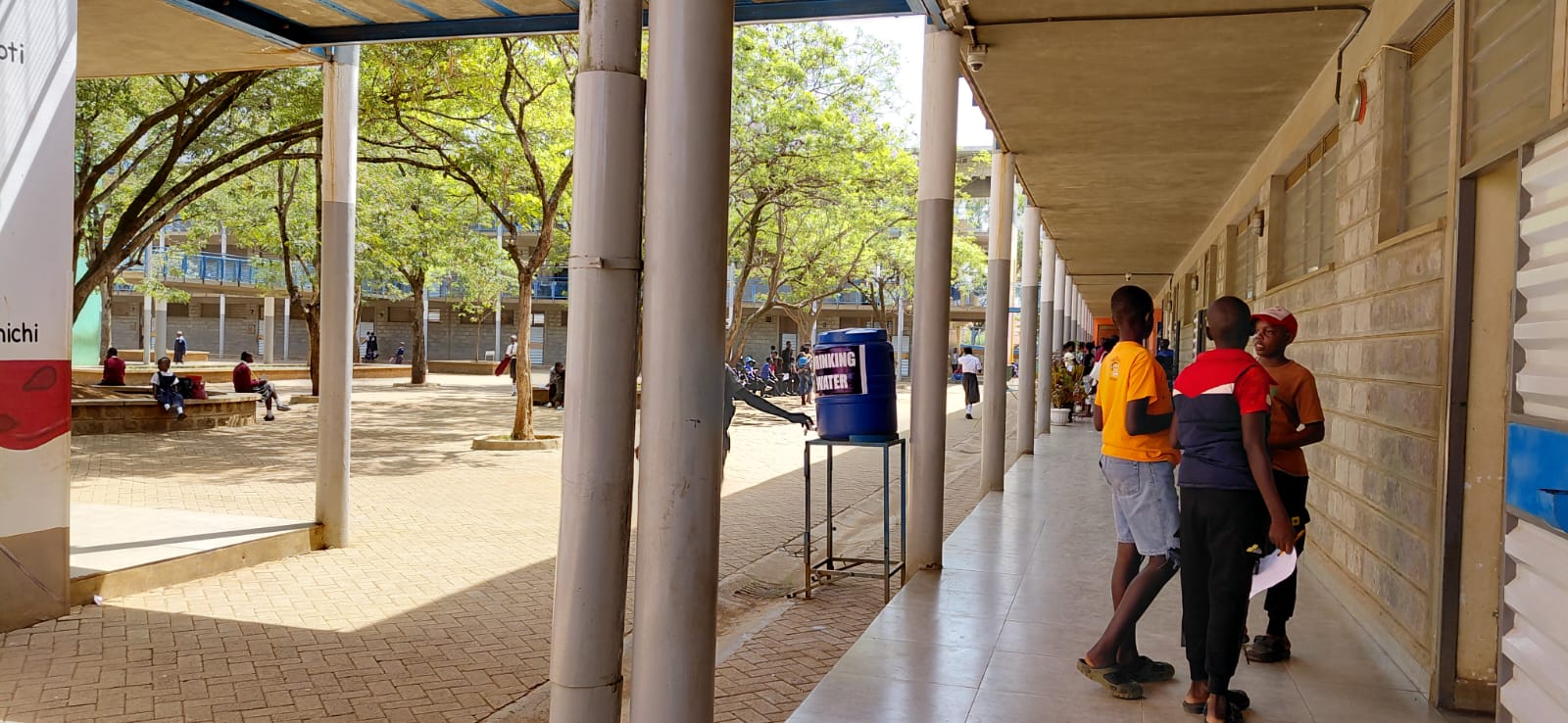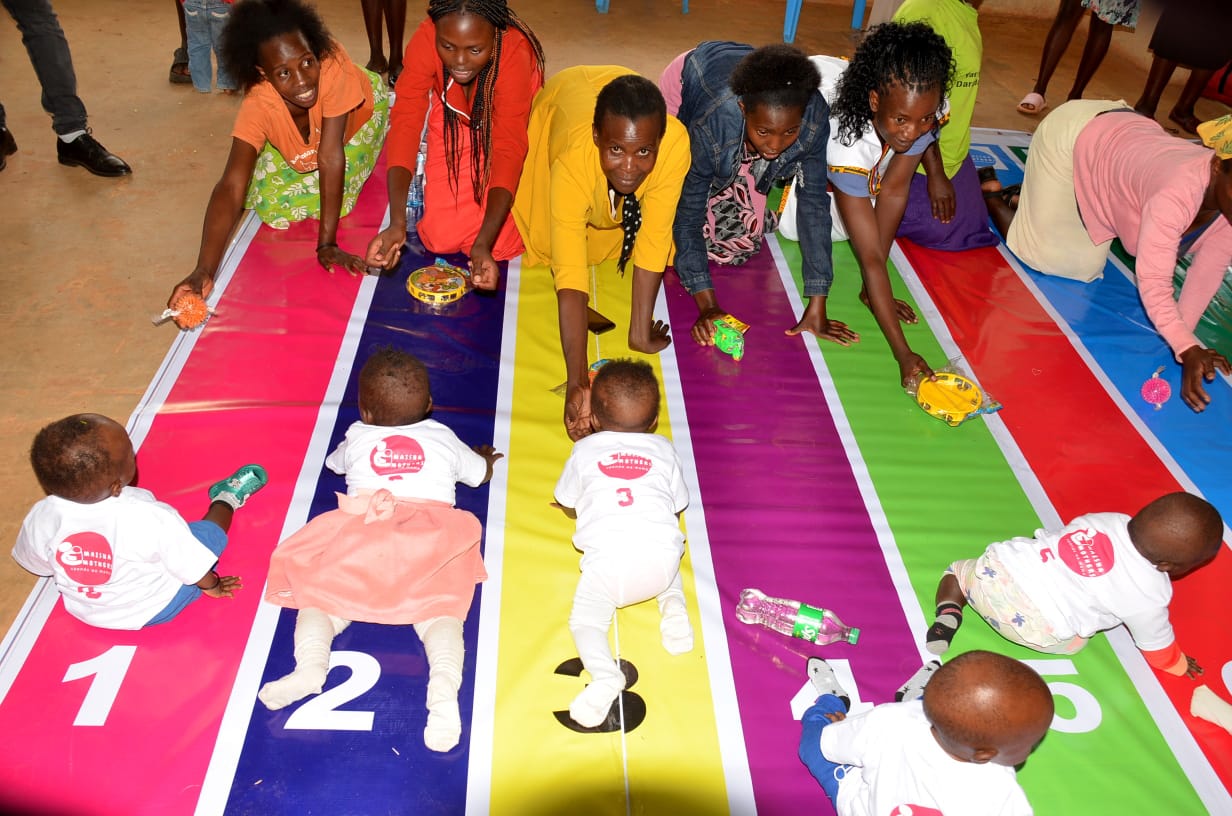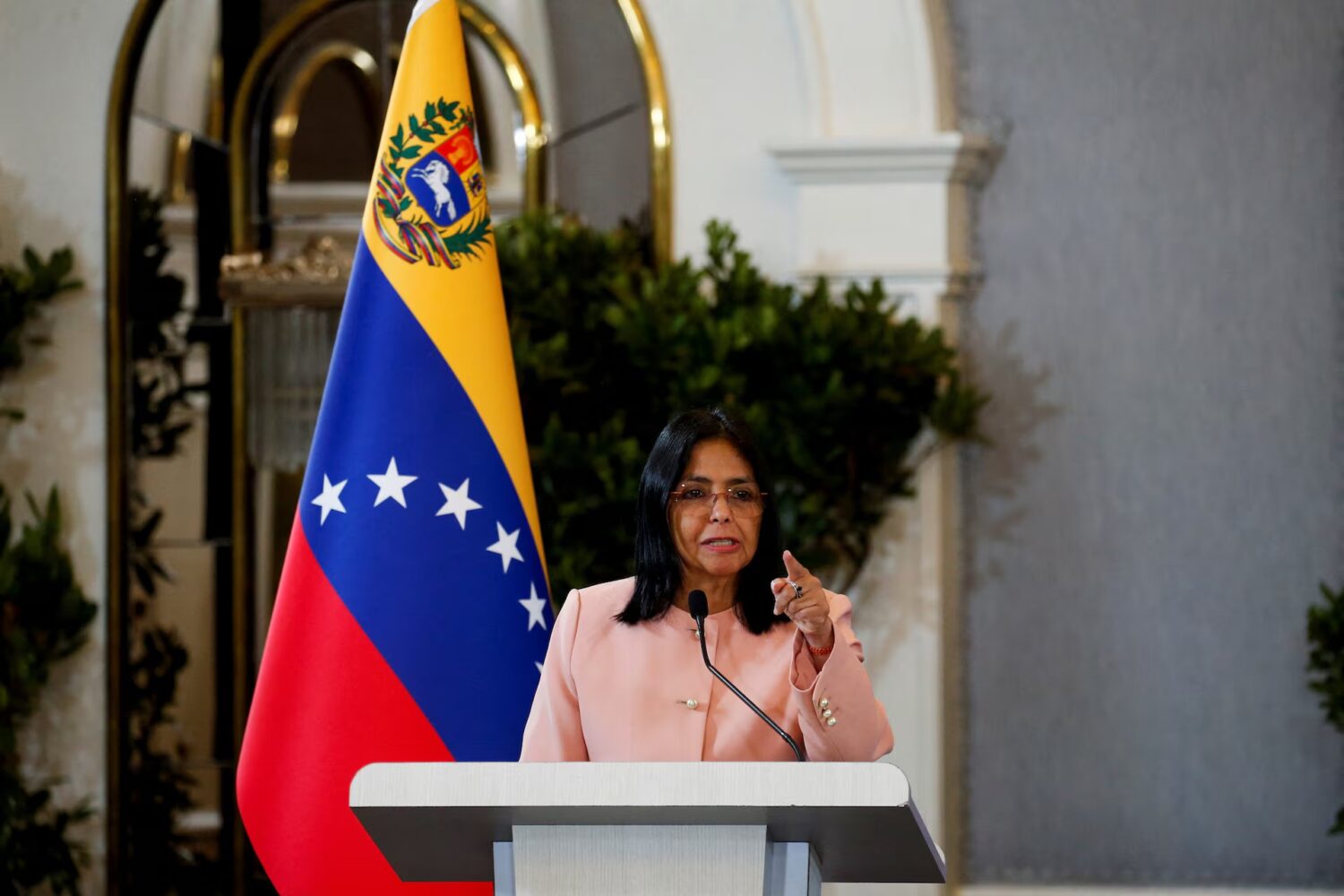The developments in Kenya’s healthcare system signal a transformative era in the nation’s healthcare landscape.
From the launch of Universal Health Coverage on October 20, 2023, and the commencement of the Digital Health Act 2023 few weeks ago coupled with the deployment of 100,000 Community Health Promoters, the government is reshaping patient care.
However, amid these advances, inclusivity, and equity remain pressing issues for many vulnerable groups of Kenyans, including people with disabilities.
The new advances in healthcare intend to ensure every Kenyan has access to essential health services without enduring geographical or socio-economic discrimination.

Despite the advances, there are still huge disparities in healthcare access and quality, and individuals living with disabilities are disproportionately affected.
READ ALSO: UHC: Digitization and how it is changing Kenya’s public health sector
Collective data suggests that between 1 and 3 million Kenyans live with some form of disability, with 80% residing in rural areas.
Notwithstanding having a higher disease and sickness burden compared to the general population, people living with disabilities report substantial challenges in accessing healthcare services including physically inaccessible medical facilities.
Other challenges include lack of appropriate transport facilities to seek medical care or rehabilitation services, and healthcare personnel untrained in the delivery of care that aligns with the needs and preferences of people with different disabilities.
There are cases where persons with disabilities face negative attitudes and negligent practices to an extent of even denial of treatment on grounds of disability.
READ ALSO: Why Universal Healthcare Coverage must include all Kenyans
The Kenyan government has laid out robust policy frameworks to address these disparities in health equity, and now healthcare services must put these plans into action and enhance access.
Digital health, while not the universal remedy, offers the potential to dismantle some of these barriers and move us closer to achieving true inclusive healthcare for all Kenyans, including those living with disabilities.
Mobile health solutions, telemedicine platforms such as Health X Africa, and online healthcare services enable individuals to access medical and mental health advice and information from the comfort of their homes, mitigating the need for long journeys to healthcare facilities.
Digital pharmacies further simplify the process by allowing medication orders and deliveries, eliminating the need for in-person visits.

Assistive technologies, such as screen readers, voice recognition software, and video sign language interpretation, make healthcare services more responsive to the unique needs and preferences of individuals with disabilities, empowering them to engage more independently with the healthcare system.
These health solutions are not only shifting the expectations of patient care but are setting a new standard for inclusivity, and they should serve as a model for all healthcare services, whether virtual or in-person.
READ ALSO: HealthX Africa promoting healthcare for visually impaired persons
Access to healthcare is a fundamental human right, and it is imperative that all Kenyans, regardless of their location, financial means, or abilities, can seek medical services without systemic inconveniences.
By harnessing the power of digital health, Kenya can continue its journey towards a more inclusive and equitable healthcare system for all.
Digital health is not solely about improving healthcare; it’s about ensuring that no one is left behind on the path to better health and well-being, which lies at the core of UHC.











